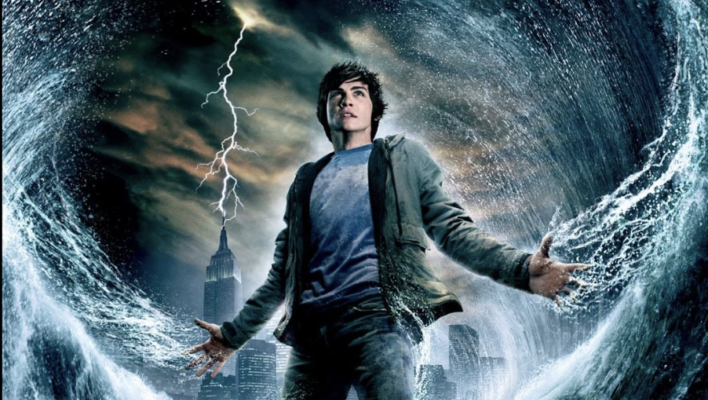
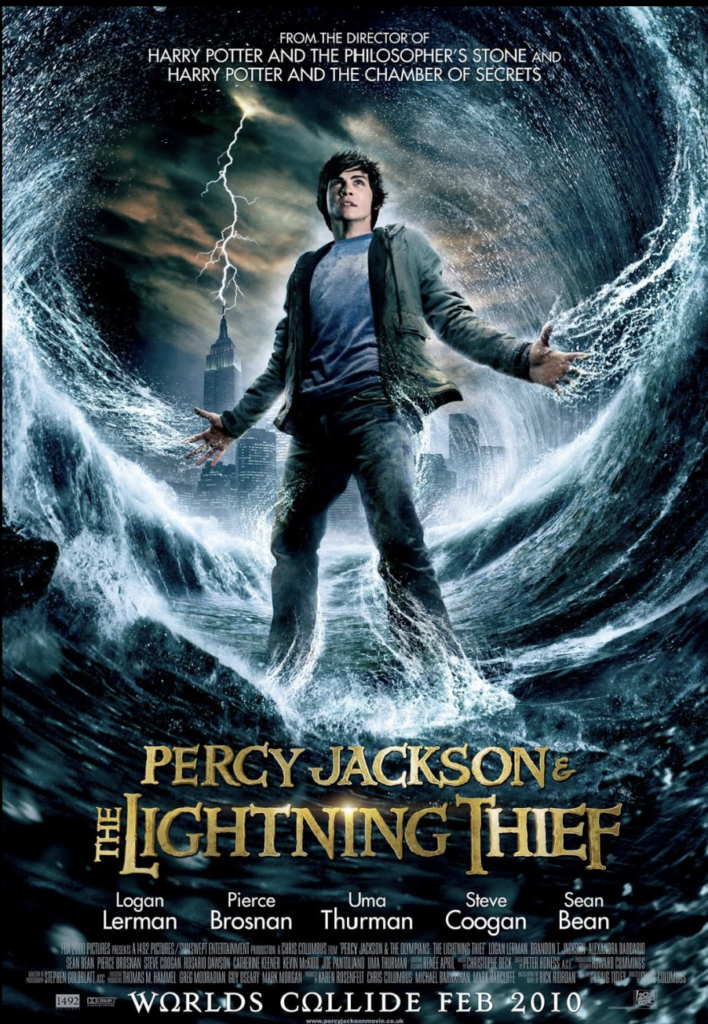
Book-to-film adaptations are renowned for being absolutely appalling and laughably bad, to the point that the films feel like a mockery of the source material. Who can fans blame? the author, who sometimes stray from the production process, or film producers, who ultimately have the final say in decision-making?
There are a myriad of reasons why book adaptations tend to fail, and the root of it all, according to fans, is the lack of faithfulness to the source material.
Writing for books and writing for television are two entirely different processes, as you’re writing for two different mediums. Some scenes may have to be reinterpreted, and some scenes in the book might not make it into the final cut of the movie for cohesive pacing, and that’s fine.
When film makers, change fundamental plot points of the book that are often times irrelevant or downright confusing, that’s when fans get rightfully upset.
The ‘Percy Jackson and The Olympians’ fantasy series written by Rick Riordan suffered this fate, and he absolutely hated the scripts. In the first movie, ‘The Lightening Thief’ 12-year-old demigod Percy Jackson (Logan Lerman)was aged up to sixteen and the issue of his paternity was figured out way too early in the movie. Percy’s dyslexia and ADHD were also downplayed in the films, which didn’t resonate well with fans since the books were made as representation for Riordan’s neurodivergent son.
The second movie, ‘Sea of Monsters’ somehow managed to be worse than its predecessor, lazily combining the storylines of the rest of the books into a labyrinth of nonsense. Luckily, there wasn’t a third movie.
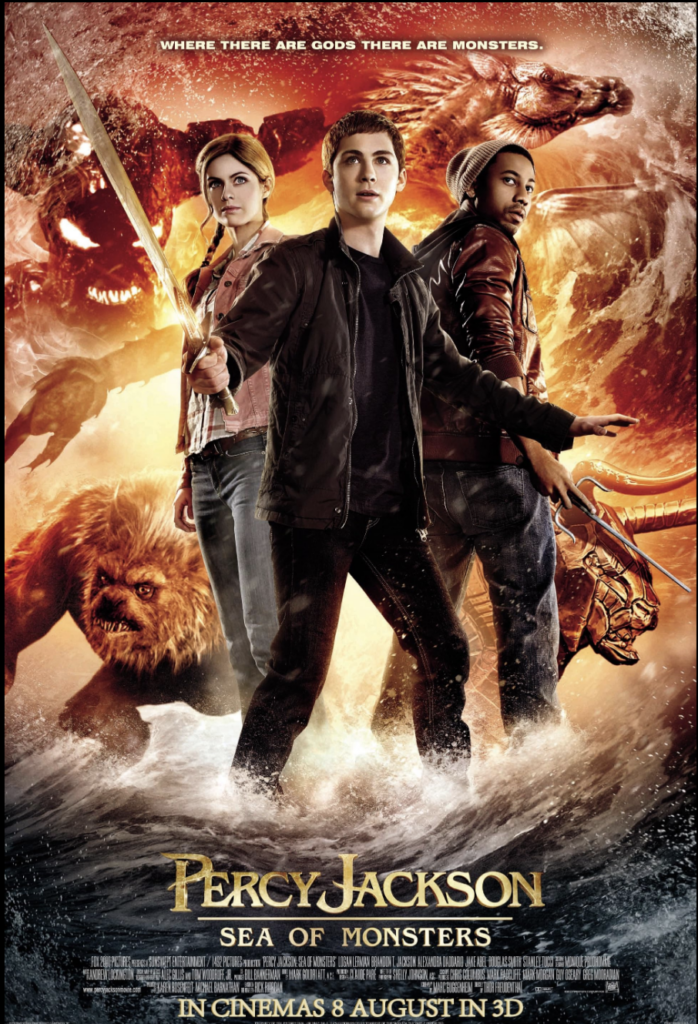
There were more issues in the movie like Percy’s shy satyr companion being the rowdy, stereotypical black sidekick. The god’s were dumbed down and the humour just didn’t translate well on the big screen.
The film adaptation of Cassandra Clare’s bestselling novels ‘The Mortal Instruments: City of Bones’ was a box office failure making only $95.3 million with a $60 million budget. While the movie followed the book’s plot at the beginning, by the end of the movie plot points from the later books were introduced and the pacing got noticeably confusing. Characters lacked development but hey! at least the casting was satisfactory.
Contrary to popular beliefs, casting isn’t always the main reason of some film’s poor reception. Given a chance to redeem itself, Rick Riordan transferred the ‘Percy Jackson’ rights to Disney and embarked on a tv series he promised to be a faithful adaptation as he would be heavily involved with the casting and writing decisions.
Facing backlash when the role of ‘Annabeth’ (Leah Jeffries) Percy’s closest friend and love interest, was given to a black girl. Despite the outrage, the Disney series scored a ninety-one per cent on Rotten Tomatoes, an upgrade from the movie’s original forty-nine percent score.
Another factor that makes for a successful film adaptation was the passion put into the project.
This may be one of the reasons why the ‘Harry Potter’ movies soared in popularity. The coming-of-age fantasy novel by J.K. Rowling first hit the big screen in 2001.
Warner Bros Entertainment breathed life into the 8 films that dominated box offices worldwide. Praised for it’s astounding CGI (computer generated imagery) effects, and it’s easily understood plot, the ‘Harry Potter’ franchise is critically praised for doing an exemplary job of following the events of the books in a concise manner. Amassing $7.7 billion in gross box office sales, the series is considered the standard of film series adaptations.
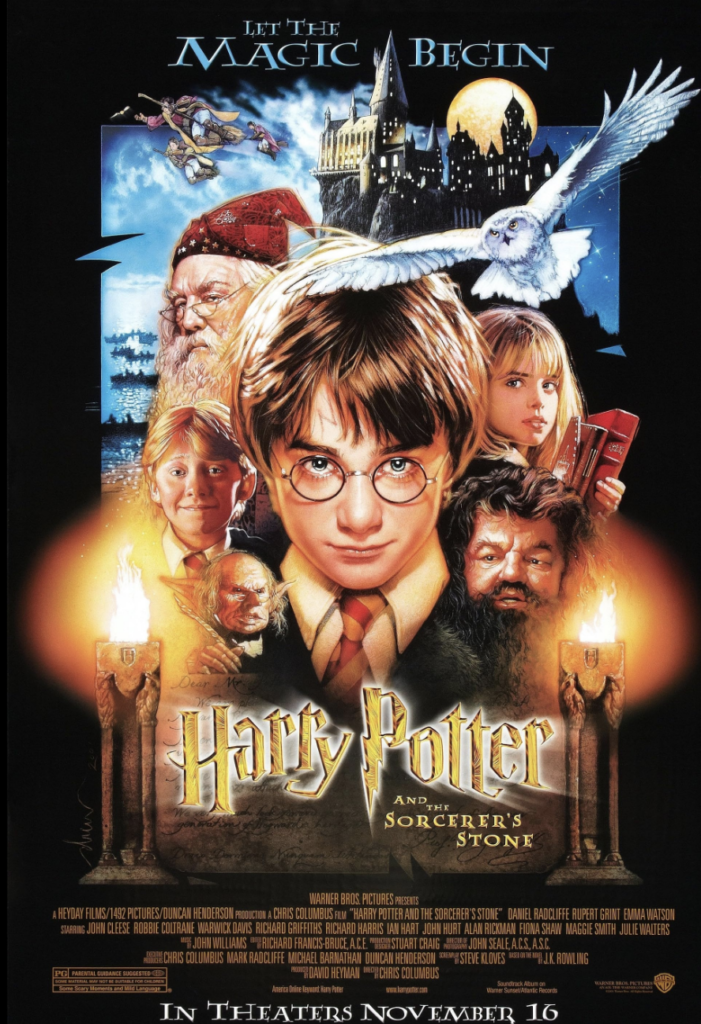
The issue seems to be that some books are probably better suited for the tv format rather than a film.
Some books like the ‘Harry Potter’ series worked best in the movie format while others like ‘The Summer I Turned Pretty” trilogy by Jenny Han was a summer hit in 2022 on Amazon Prime. Utilizing streaming services like Netflix, Hulu and Amazon Prime, tv shows from wordy novels just makes more sense, especially given the content that can be explored in multiple seasons. ‘Game of Thrones’ for example premiered in 2011 and ended in 2019 with 8 seasons. It’s prequel ‘House of Dragons’ seems to be following this same formula.

In fact, ‘Lovecraft Country’ by Mark Ruff was inspired by works of H.P. Lovecraft, intertwining themes of American racism and eldritch horror. The book was originally written as a soft anthology, in hopes of being picked up by a tv network and was nominated eighteen times and won 2 Emmys. Anthology tv shows aren’t a new concept and Netflix is host to two science fiction hits, ‘Black Mirror’ and ‘Love, Death + Robots’.
Although the show was cancelled with reports of it being too expensive, Ruff had the right intentions for his book. The strength of anthologies is within it’s versatility, and focus on different characters for each episode.
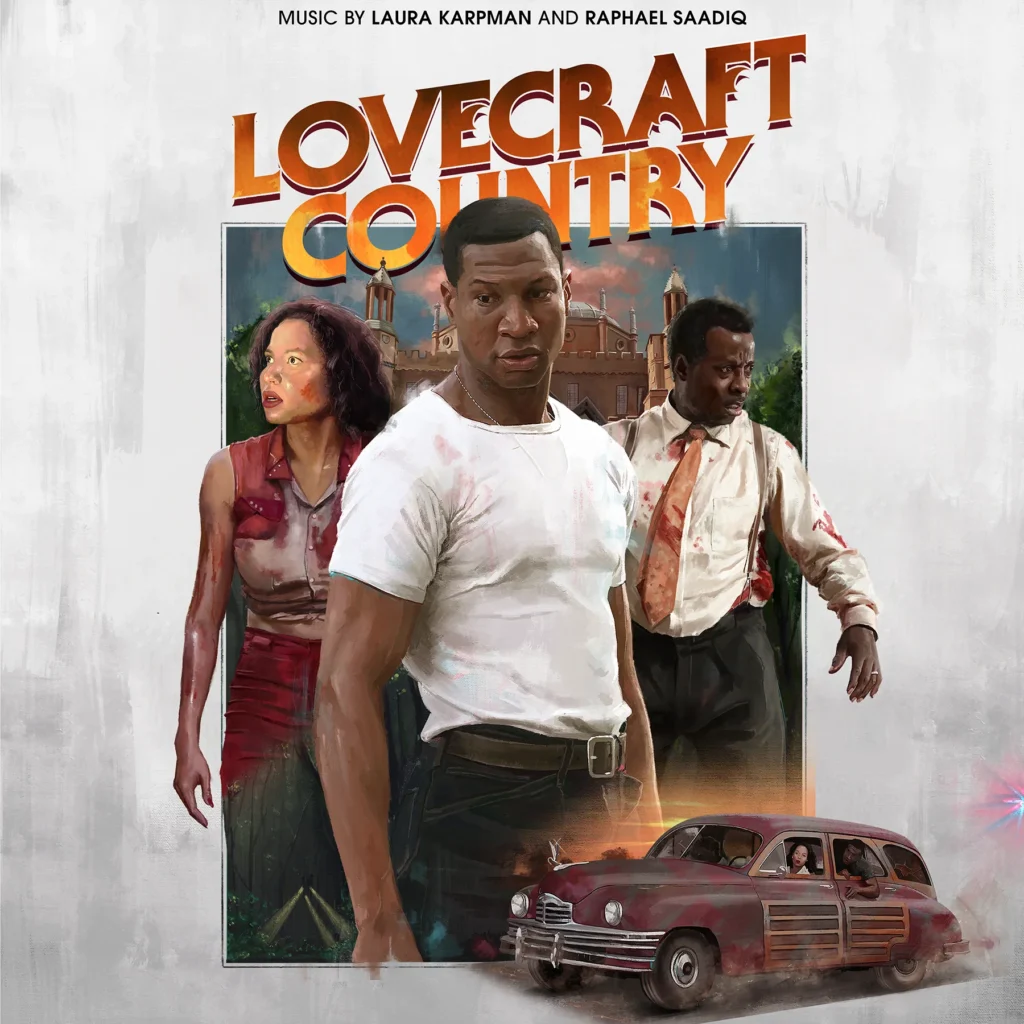
The phrase ‘The book was better,’ will always be a sentiment among readers, and the fact of the matter is books are harder to convert to visual mediums if careful consideration isn’t taken.
As a quick cash grab, book adaptations simply won’t work, and it will always reflect in the quality of the finished product.
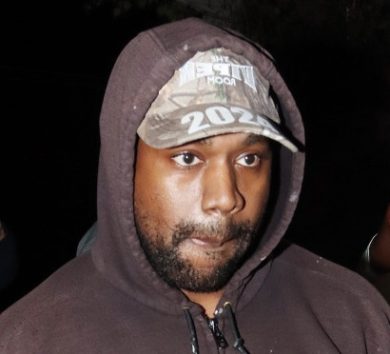
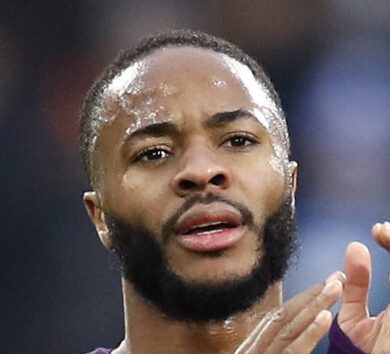



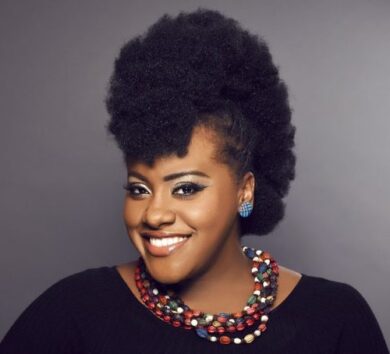
Comments